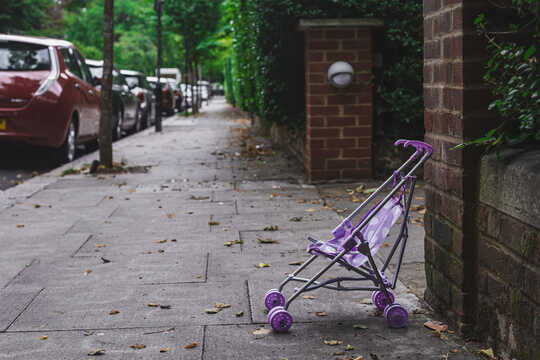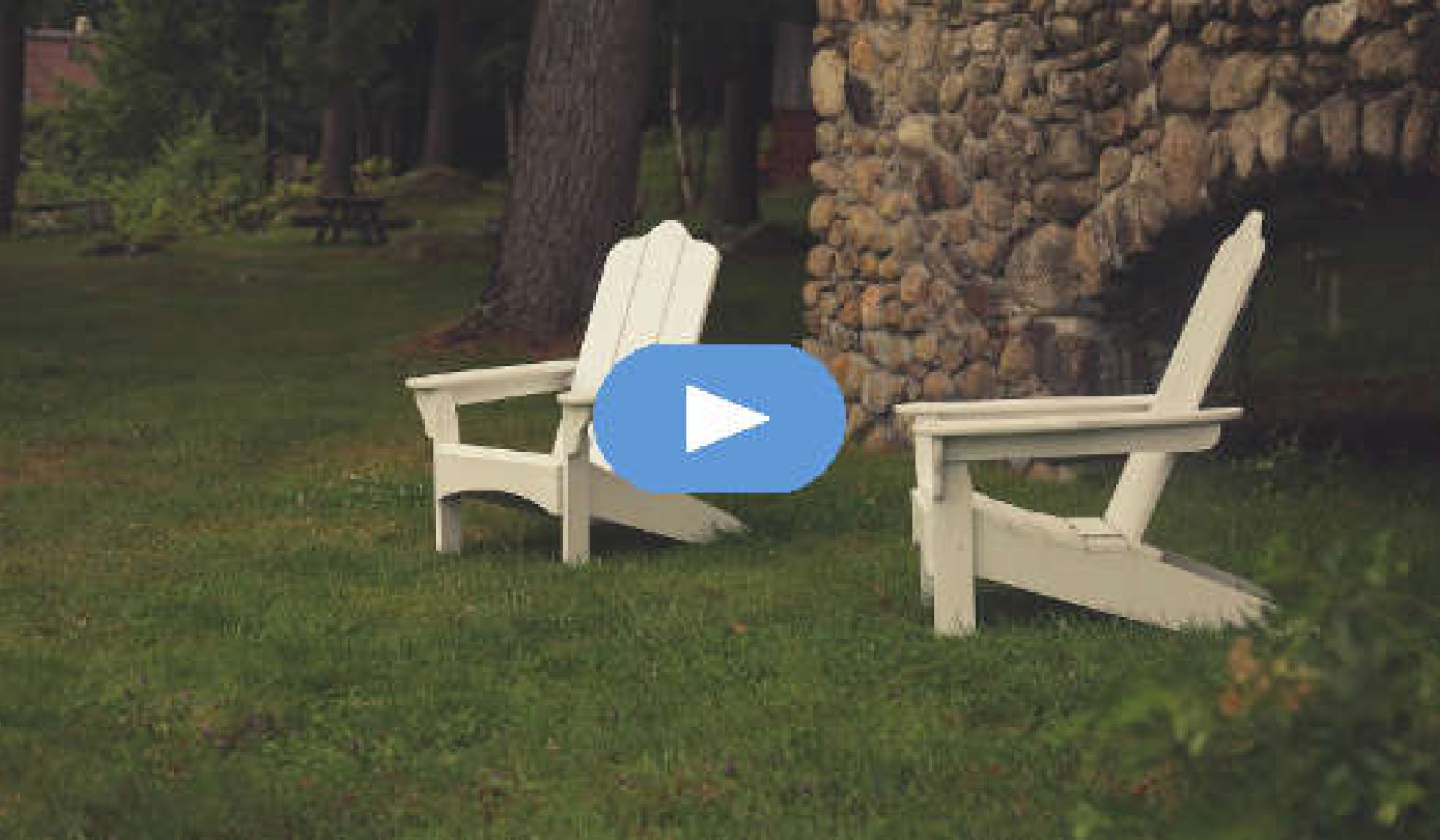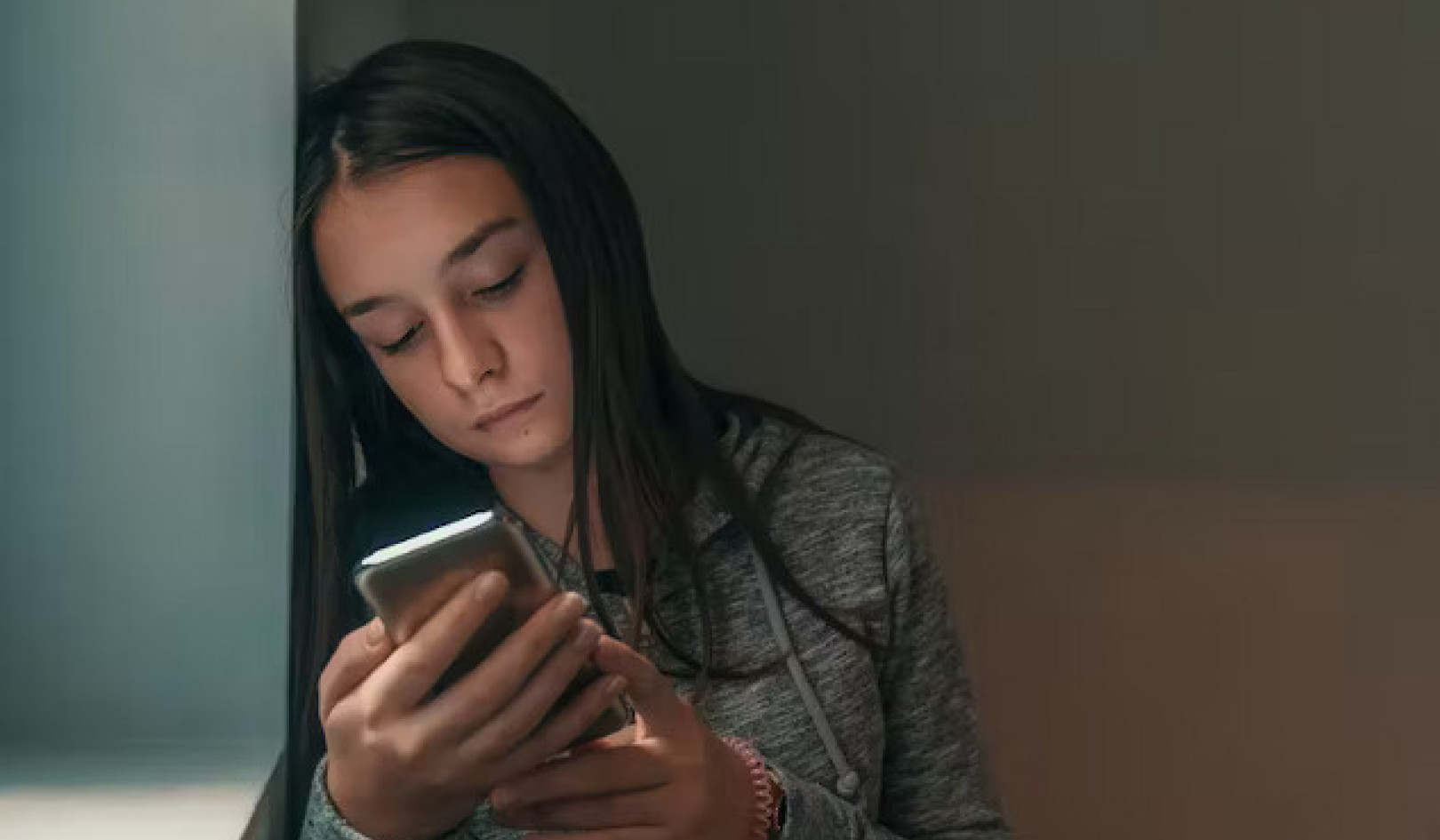
Study found that child-free people were just as satisfied with their lives as those with kids. Aleksandr Faustov/EyeEm via Getty Images CC BY-NC-ND
Fertility rates in the United States have plunged to record lows, and this could be related to the fact that more people are choosing not to have children.
But just how many “child-free” adults there are has been tricky for researchers to pin down.
National fertility data provided by the U.S. Census and Centers for Disease Control and Prevention lump together all adults who aren’t parents, making it difficult to understand how many people identify as child-free.
As social scientists, we think it’s important to distinguish child-free individuals from those who are childless or not yet parents. People who are child-free make the conscious decision not to have kids. They’re distinct from childless individuals – adults who want children but can’t have them – and from people who plan to have children in the future.
In a 2021 study of 1,000 people, we found that over 1 in 4 Michigan adults did not want biological or adopted children and were, therefore, child-free. This number was much higher than those reported in the few past national studies that have attempted to identify child-free people, which placed the percentage between 2% and 9%.
Child-free by choice
Although we can’t be sure why we identified more child-free people in our study, we suspect it may have something to do with how we determined who was child-free.
Past studies that attempted to estimate the prevalence of child-free individuals often focused only on women and have used criteria based on fertility. These studies left out men, older adults and biologically infertile people who nonetheless didn’t want children.
In our study, we used a more inclusive approach. We looked at both women and men, asking three yes-no questions that allowed us to determine who was child-free based on the desire to have children, rather than fertility:
-
Do you have, or have you ever had, any biological or adopted children?
-
Do you plan to have any biological or adopted children in the future?
-
Do you wish you had or could have biological or adopted children?
Those who answered “no” to all three questions we classified as child-free.
Just like everyone else?
In addition to examining how many child-free people there are, we also examined whether child-free people differed from parents, not-yet-parents and childless individuals in life satisfaction, personality or political views.
We found that child-free people were just as satisfied with their lives as others, and there were few personality differences. However, child-free people were more liberal than parents.
Although child-free people were pretty similar to everyone else, we did find that parents were less warm toward child-free people. This finding suggests that child-free individuals may be stigmatized in the United States.
Looking ahead
Our study suggests that the number of people who choose not to have children may be larger than previously thought. Although our study focused on Michigan residents, the state’s population is similar to the overall U.S. population in terms of age, race, income and education. So we’d expect to see similar numbers of child-free people in other states.
We hope to continue our research by collecting data over time across the country to determine whether it’s becoming more common to be child-free – and to understand how and why people make the choice not to have children.
About The Author

Related Books:
Here are 5 non-fiction books on parenting that are currently Best Sellers on Amazon.com:The Whole-Brain Child: 12 Revolutionary Strategies to Nurture Your Child's Developing Mind
by Daniel J. Siegel and Tina Payne Bryson
This book provides practical strategies for parents to help their children develop emotional intelligence, self-regulation, and resilience using insights from neuroscience.
Click for more info or to order
No-Drama Discipline: The Whole-Brain Way to Calm the Chaos and Nurture Your Child's Developing Mind
by Daniel J. Siegel and Tina Payne Bryson
The authors of The Whole-Brain Child offer guidance for parents to discipline their children in a way that promotes emotional regulation, problem-solving, and empathy.
Click for more info or to order
How to Talk So Kids Will Listen & Listen So Kids Will Talk
by Adele Faber and Elaine Mazlish
This classic book provides practical communication techniques for parents to connect with their children and foster cooperation and respect.
Click for more info or to order
The Montessori Toddler: A Parent's Guide to Raising a Curious and Responsible Human Being
by Simone Davies
This guide offers insights and strategies for parents to implement Montessori principles at home and foster their toddler's natural curiosity, independence, and love of learning.
Click for more info or to order
Peaceful Parent, Happy Kids: How to Stop Yelling and Start Connecting
by Dr. Laura Markham
This book offers practical guidance for parents to shift their mindset and communication style to foster connection, empathy, and cooperation with their children.
Click for more info or to order
This article originally appeared on The Conversation






















